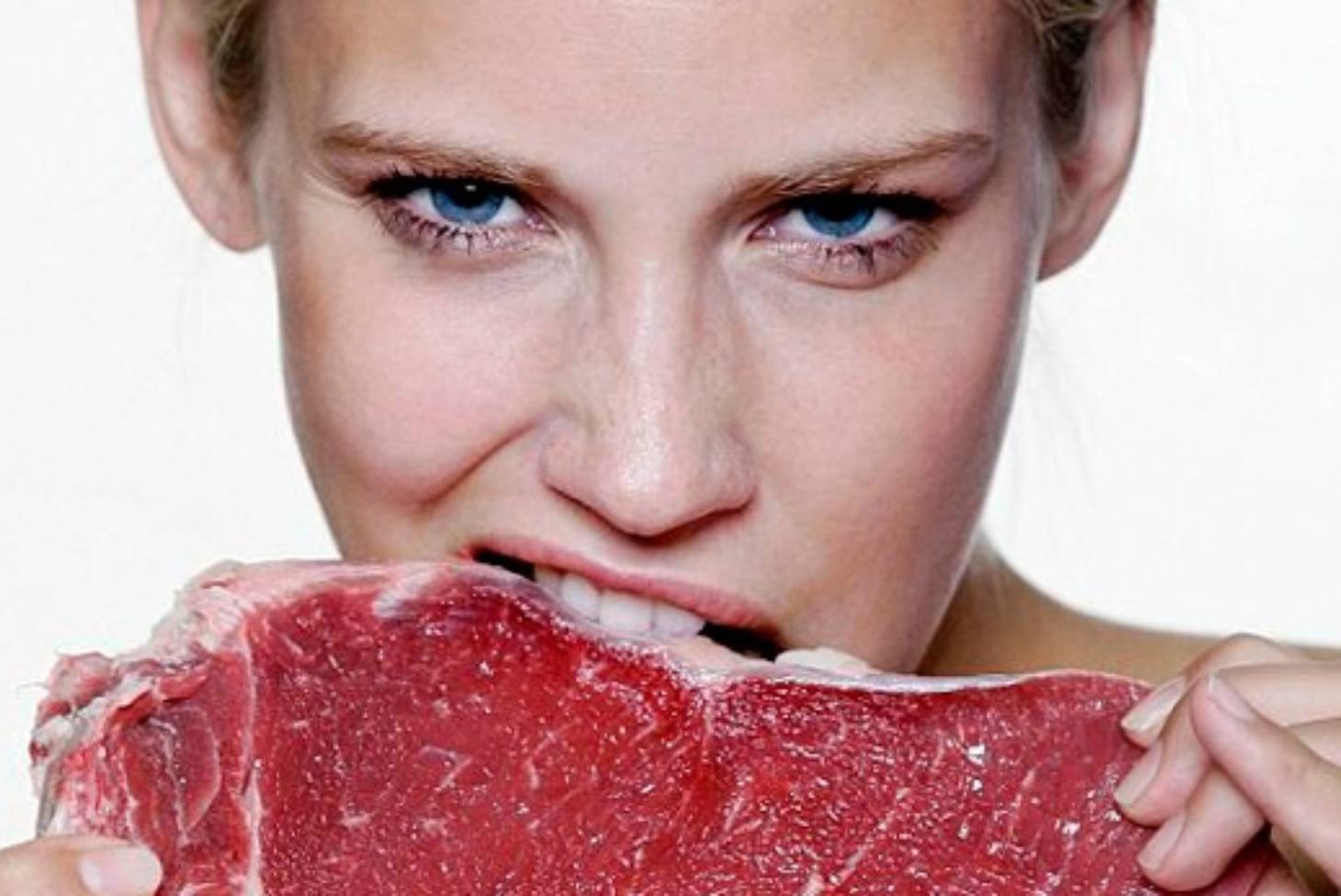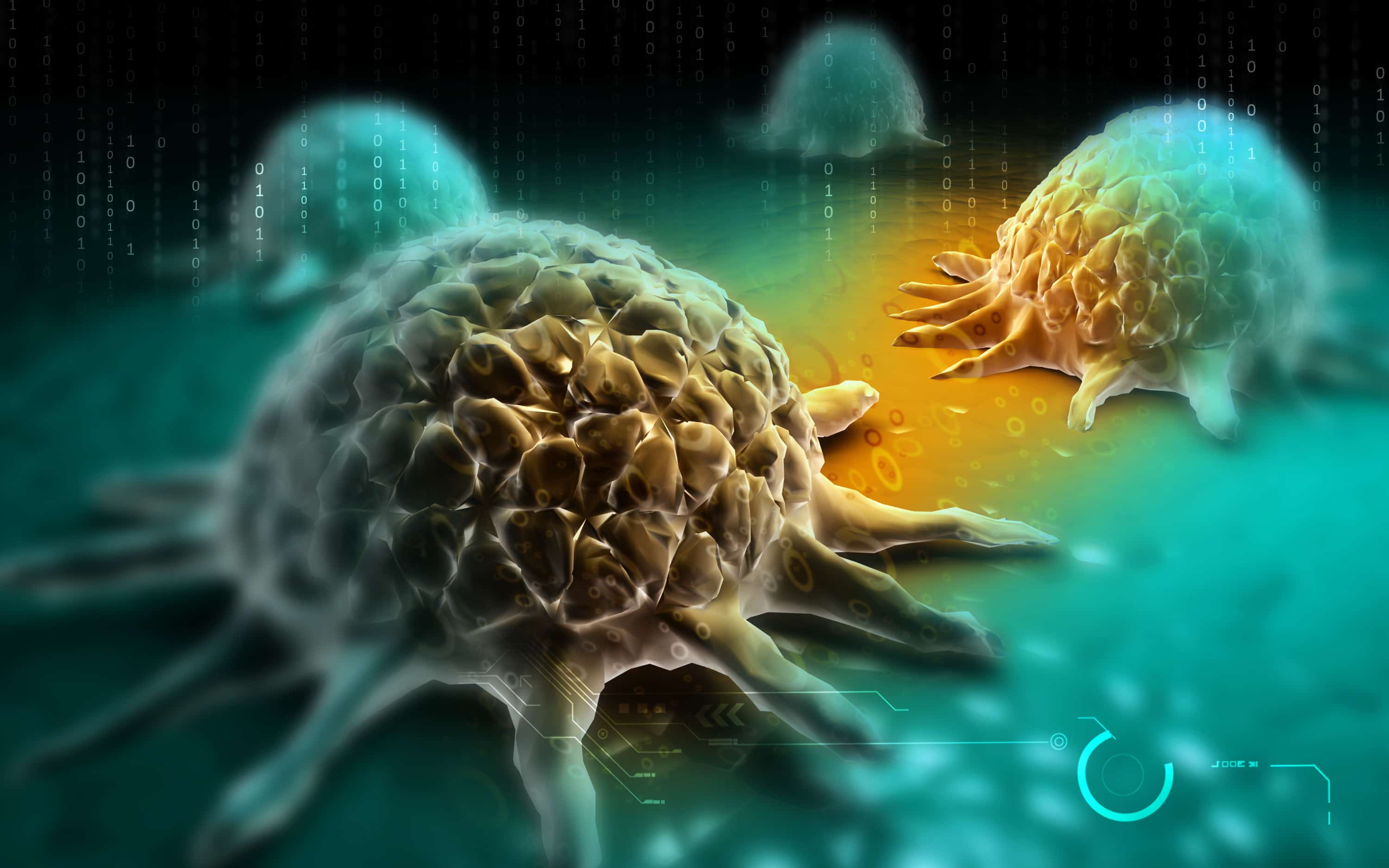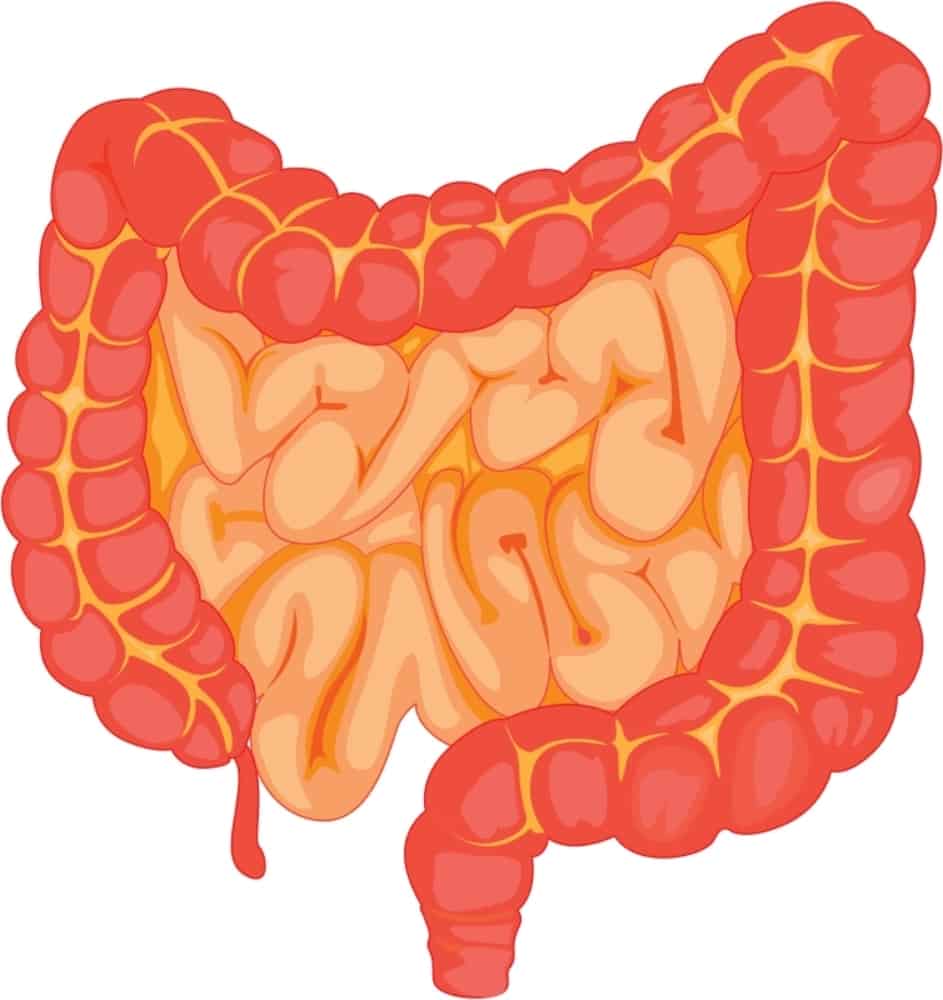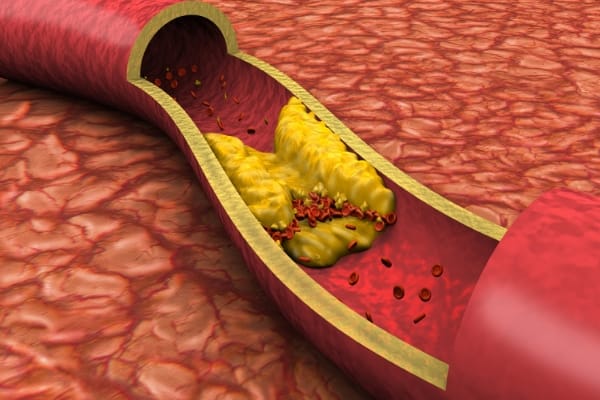By now, the conversations about ditching meat in favor of plant-based foods have become more than just trendy—there's a compelling body of evidence behind them. Many health-conscious individuals, inspired by veganism or vegetarianism, find themselves transitioning to a diet free from animal-based foods. And with that shift often comes a noticeable improvement in several areas of health. Those who avoid meat altogether typically enjoy lower rates of chronic diseases such as heart disease, type 2 diabetes, hypertension, certain cancers (especially prostate and breast), and obesity. Though some benefits may also stem from lifestyle factors like exercise or reduced alcohol intake, the role of diet is significant and increasingly well-documented.
For countless people, meat isn’t just food—it’s comfort, culture, and habit all rolled into one. From juicy burgers to seasoned sausages, meat has embedded itself deeply into culinary traditions across the world. But while meat can be delicious and satisfying, it also carries risks—particularly when consumed in processed or excessive forms. For those who consume meat daily, the idea of cutting it out might sound extreme. Still, making the switch to a plant-based diet can offer a number of benefits that extend beyond the waistline.
The World Health Organization, in partnership with the International Agency for Research on Cancer, issued a statement back in October 2015 that raised more than a few eyebrows. After analyzing studies spanning two decades, they concluded that processed meats—and even red meats to some extent—are linked to cancer. That includes beef, pork, lamb, veal, and even horse in certain parts of the world. And no, “well-cooked” doesn’t automatically mean “safe.”
 Processed meats—think sausages, canned meat, ham, and hot dogs—have often undergone methods like curing, salting, fermenting, or smoking. These techniques, while useful for preservation, come at a cost. The frequent consumption of such products has been directly linked to an increased risk of colorectal cancer. But that’s just the start of what could happen when you reduce or eliminate meat from your diet.
Processed meats—think sausages, canned meat, ham, and hot dogs—have often undergone methods like curing, salting, fermenting, or smoking. These techniques, while useful for preservation, come at a cost. The frequent consumption of such products has been directly linked to an increased risk of colorectal cancer. But that’s just the start of what could happen when you reduce or eliminate meat from your diet.
1. Improved Heart Health
Heart health is one of the most frequently cited reasons people begin reducing their meat intake. Although unprocessed red meat in moderation may not be a direct ticket to cardiovascular disease, processed red meat has been shown to raise the risk significantly. This is partly due to a molecule found in red meat known as Neu5Gc, which our bodies don’t produce. When we consume it, our immune system perceives it as a threat and mounts an inflammatory response. Chronic inflammation, over time, damages arteries and increases the likelihood of heart disease.
Additionally, red meat contains compounds like L-carnitine that, when metabolized by gut bacteria, turn into TMAO (trimethylamine-N-oxide)—a compound known to contribute to artery blockage. Clogged arteries mean oxygen has a tougher time circulating, placing added stress on the heart. The more frequently meat is consumed, the more persistent the inflammation, and the greater the cardiovascular strain.
2. Lower Cancer Risk
Cancer remains one of the leading causes of death globally, and dietary factors play a surprisingly large role. Meat—especially when smoked, grilled, or processed—can contain carcinogenic compounds. Numerous studies have shown strong links between meat-heavy diets and cancers such as colorectal, breast, and prostate. A landmark study published in The American Journal of Clinical Nutrition back in 2012 highlighted that vegetarians not only had longer lifespans but also experienced fewer instances of cancer overall.
People who switch to a plant-based diet and steer clear of processed meats can reduce their exposure to potential carcinogens, especially nitrates and nitrites found in many deli and cured meats. For those with a family history of cancer or other risk factors, this dietary shift could be more than beneficial—it could be lifesaving.
3. Longer Life Expectancy
It’s a bold claim, but it’s one supported by data: people who eat less meat tend to live longer. In part, this is due to the reduced risk of chronic diseases like cancer and heart disease. But there’s more to it. People who adopt vegetarian diets also tend to engage in healthier habits, such as regular exercise, better sleep hygiene, and lower stress levels. Even when controlling for those variables, meat consumption still appears to shorten lifespan in several large population studies.
Red meat, in particular, places a higher metabolic burden on the body. Over time, the effort to process inflammatory molecules, saturated fats, and chemical preservatives can wear down vital systems—especially the cardiovascular and digestive ones. Overconsumption of meat also often correlates with weight gain, further complicating health outcomes.
4. Easier Weight Management
A well-planned vegetarian or vegan diet is often naturally lower in calories and saturated fat compared to a meat-heavy one. That makes it easier to shed excess weight—or maintain a healthy one—without restrictive dieting. Many plant-based meals are rich in fiber, which promotes satiety and reduces the likelihood of overeating. And because high-fiber foods like legumes, fruits, and vegetables digest more slowly, they help regulate blood sugar and prevent those frustrating hunger crashes.
Studies have consistently found that people who avoid meat weigh less on average than those who eat it regularly. One 2012 study showed that vegans lost significantly more weight than those on other diet plans—even when they weren’t told to restrict calories. The key? High-volume, nutrient-dense foods that fuel the body without overloading it.
5. Better Blood Sugar Control
Meat-heavy diets—especially those rich in processed meats—have been linked to insulin resistance, a key driver of type 2 diabetes. When the body becomes less responsive to insulin, it struggles to regulate blood sugar levels effectively. This sets off a cascade of metabolic issues, from weight gain to increased inflammation, and eventually full-blown diabetes if left unchecked.
Switching to a diet rich in whole grains, legumes, vegetables, and healthy fats has been shown to improve insulin sensitivity and help stabilize blood sugar. These plant-based foods offer slow-burning carbohydrates, ample fiber, and minimal saturated fats—all of which contribute to better metabolic health.
6. Lower Blood Pressure
High blood pressure, or hypertension, is often referred to as the “silent killer” because it can go undetected until it leads to serious complications like stroke or heart attack. Processed meats—loaded with sodium and preservatives—are a major contributor to high blood pressure. Saturated fats in red meats further strain the cardiovascular system, thickening the walls of blood vessels and raising the heart’s workload.
Multiple studies have shown that those on vegetarian or vegan diets tend to have lower systolic and diastolic blood pressure. The key contributors? More potassium-rich fruits and vegetables, fewer artery-clogging fats, and a lower sodium intake overall. A well-structured plant-based diet can not only prevent but also help reverse hypertension in some individuals.
7. Relief from Joint Pain and Inflammation
Inflammation isn't just bad news for the heart—your joints suffer too. People with arthritis often report less stiffness and joint discomfort when transitioning to a diet that excludes meat. This may be due to the body’s lowered exposure to inflammatory triggers like saturated fat and certain amino acids abundant in animal products.
Moreover, plant-based diets are rich in antioxidants and phytonutrients that help reduce systemic inflammation. Leafy greens, berries, seeds, and nuts provide anti-inflammatory compounds that support joint health. Over time, these benefits can lead to greater mobility and less reliance on pain medication for many sufferers of arthritis and similar conditions.
8. Clearer Skin and Fewer Breakouts
The connection between diet and skin health is often underestimated. One nutrient in particular—vitamin B12—can be problematic in excess, especially for those predisposed to acne. Red meat is one of the richest sources of B12, and when levels build up, it can disrupt the delicate hormonal balance and trigger breakouts.
In addition, meat-heavy diets can sometimes be higher in unhealthy fats and pro-inflammatory substances, both of which are linked to acne flare-ups. Swapping red meat for plant-based proteins may help clear skin by reducing inflammation and improving gut health—two factors that are closely tied to the skin’s overall condition.
9. Healthier Gut Microbiome
The bacteria living in your gut—collectively called the microbiota—play a huge role in overall health, influencing everything from mood and immunity to digestion and metabolism. Diet is one of the biggest factors shaping your microbiome. Red meat, especially when overconsumed, alters the gut environment in ways that favor harmful bacteria.
One of the byproducts of meat digestion, TMAO (trimethylamine-N-oxide), has been linked to cardiovascular diseases and metabolic disorders. Meanwhile, fiber-rich plant foods promote the growth of beneficial bacteria that produce short-chain fatty acids, compounds known to support gut lining health, reduce inflammation, and aid in nutrient absorption.
10. Reduced Risk of Clogged Arteries
When you stop eating meat, particularly fatty cuts and processed versions, you're also reducing your intake of cholesterol and saturated fat—two culprits behind plaque buildup in the arteries. Over time, this buildup narrows the arterial pathways, restricting blood flow and increasing the risk of stroke, heart attack, and other cardiovascular events.
Some bacteria in the digestive tract turn meat components into substances that contribute to this arterial clogging. When these substances build up, they thicken and harden arterial walls. Studies have shown that reducing meat intake—even without completely eliminating it—can significantly reduce the presence of these harmful byproducts.
Final Thoughts on Making the Switch
Making the decision to stop eating meat isn't always easy, especially if it's been a central part of your diet and culture. But the benefits—both for your personal health and the planet—can be profound. From reducing your risk of life-threatening conditions to helping you feel lighter, clearer, and more energetic, the changes your body experiences can be well worth the transition.
That said, it's crucial to approach a meat-free lifestyle with balance and knowledge. Simply removing meat without replacing it with nutrient-rich plant-based alternatives can lead to deficiencies in protein, iron, B12, and omega-3s. A thoughtful diet full of variety is the key to success. Whole grains, legumes, seeds, nuts, vegetables, and fortified foods can together supply everything your body needs to thrive—no meat required.
Let food be your medicine, but make sure it’s the right prescription.





















